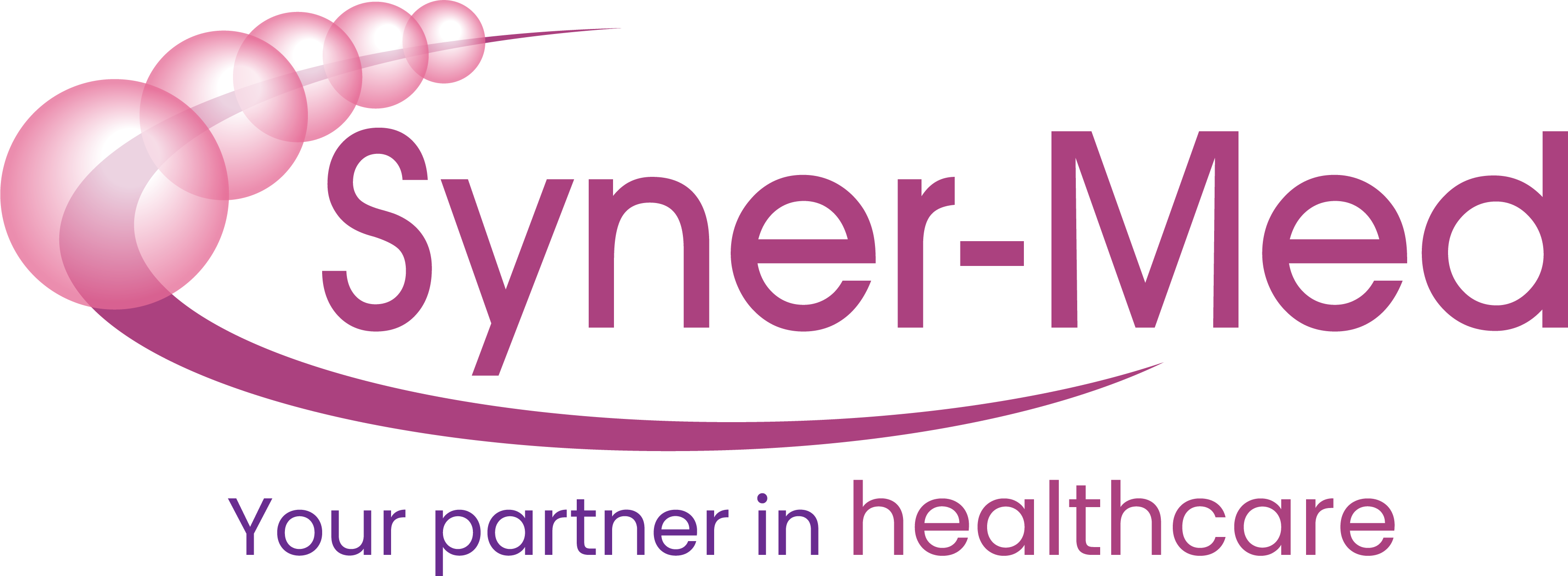Introduction:
Pregnancy is a time of immense joy and anticipation, and maintaining a healthy diet is crucial for the well-being of both the expectant mother and her growing baby. Proper nutrition during pregnancy supports fetal development, helps prevent complications, and promotes the mother’s overall health. In this comprehensive guide, we will explore the importance of diet and nutrition during pregnancy, providing valuable insights and practical tips for expectant mothers.
The Importance of a Nutritious Diet for a Healthy Pregnancy
A well-balanced and nutritious diet plays a crucial role in maintaining a healthy lifestyle, and it becomes even more significant during pregnancy or when planning to conceive. Consuming a healthy diet during pregnancy is essential for optimal fetal development and growth.
While there is no need to follow a specialized diet, it is important to incorporate a diverse range of foods into your daily meals to ensure you and your baby receive the necessary nutrients. Obtaining essential vitamins and minerals from whole foods is preferable, but during pregnancy, it is advised to take essential vitamins and minerals supplement to ensure adequate intake.
Remember, a healthy pregnancy diet revolves around consuming a variety of nutrient-rich foods daily, which promotes the well-being of both the expectant mother and the developing baby.
The role of nutrition in supporting fetal development and growth
From the moment of conception, the developing embryo relies on the mother’s nutrient reserves to support its rapid growth. Insufficient nutrient stores, particularly micronutrients like zinc and iron, can hinder fetal growth and impair organ development. In fact, research indicates that nutrition during the preconception period, which spans approximately two to three months before pregnancy, plays a critical role in fetal development. It is now understood that the quality of nutrition prior to pregnancy is as significant as nutrition during pregnancy itself. Therefore, it is vital to enhance nutrient stores before conceiving, as a substantial portion of the nutrients supplied to the growing embryo and fetus originate from established nutritional reserves
Dietary and Caloric recommendations during pregnancy
During pregnancy, it is important to consume approximately 300 additional calories per day to support a healthy pregnancy. These calories should come from a well-balanced diet that includes protein, fruits, vegetables, and whole grains. It is advisable to limit the intake of sweets and fats. Following a healthy and balanced diet can also help alleviate pregnancy symptoms like nausea and constipation
The following foods are beneficial for both maternal health and fetal development during pregnancy:
– Vegetables: Incorporate a variety of vegetables into your diet, such as carrots, sweet potatoes, pumpkin, spinach, cooked greens, tomatoes, and red sweet peppers. These vegetables are abundant in essential nutrients like vitamin A and potassium.
– Fruits: Opt for fruits such as cantaloupe, honeydew, mangoes, prunes, bananas, apricots, oranges, and red or pink grapefruit, as they are excellent sources of potassium.
– Dairy: Choose fat-free or low-fat yogurt, skim or 1% milk, or soymilk to ensure an adequate intake of calcium, potassium, and vitamins A and D.
– Grains: Incorporate ready-to-eat cereals or cooked cereals fortified with iron and folic acid into your meals to support your iron levels and meet your folic acid requirements.
– Proteins: Include beans, peas, nuts, and seeds as plant-based protein sources. Lean meats like beef, lamb, and pork can also be consumed.
Additionally, oily fish such as salmon, trout, herring, and sardines are beneficial due to their omega-3 fatty acids content
Avoid these foods during Pregnancy
-Unpasteurized milk and foods made with unpasteurized milk: These can contain harmful bacteria such as Listeria, which can lead to foodborne illnesses.
-Hot dogs and luncheon meats: Unless they are heated until steaming hot before serving, these products can carry the risk of Listeria contamination.
-Raw and undercooked seafood, eggs, and meat: Consuming these foods increases the risk of bacterial or parasitic infections
-Refrigerated pâté and meat spreads: These products may contain Listeria and should be avoided to minimize the risk of foodborne illnesses.
-Refrigerated smoked seafood: Smoked seafood, such as salmon or trout, that is refrigerated and not canned or shelf-stable may carry the risk of contamination and should be avoided.
Preparing food safely: Essential Steps for a Healthy Pregnancy
-Thoroughly Wash Fruits, Vegetables, and Salads: To eliminate any potential traces of soil that may carry the toxoplasma parasite, which can pose a risk of toxoplasmosis to your unborn baby, it is crucial to wash fruits, vegetables, and salads diligently.
-Clean Surfaces, Utensils, and Hands: After handling raw foods such as poultry, meat, eggs, fish, shellfish, and raw vegetables, it is important to wash all surfaces, utensils, and your hands thoroughly. This practice helps prevent food poisoning and the spread of harmful bacteria.
-Store Raw Foods Separately: Ensure that raw foods are stored separately from ready-to-eat foods to avoid cross-contamination. Mixing raw and ready-to-eat foods can lead to the transfer of harmful bacteria and increase the risk of foodborne illnesses.
-Use Separate Knife and Chopping Board for Raw Meats: To minimize the risk of bacterial contamination, it is advisable to use a separate knife and chopping board specifically designated for handling raw meats. This helps prevent the spread of bacteria to other foods
-Properly heat Ready Meals: When consuming ready meals, especially those containing poultry, it is essential to heat them until they are steaming hot all the way through. This thorough heating process helps eliminate any potential bacteria and ensures food safety.
Conclusion:
A well-planned and balanced diet during pregnancy is vital for the health and development of both the expectant mother and her baby. By prioritizing nutrient-rich foods, making informed choices, and seeking professional guidance when needed, expectant mothers can ensure they are nourishing themselves and their babies in the best possible way. Remember, a healthy pregnancy diet is a journey that supports the growth of a new life and sets the foundation for a lifetime of well-being.
Reference:
https://www.nhs.uk/pregnancy/keeping-well/have-a-healthy-diet/
https://www.hopkinsmedicine.org/health/wellness-and-prevention/nutrition-during-pregnancy

